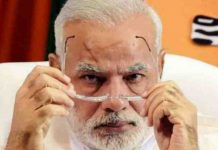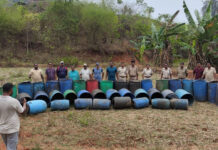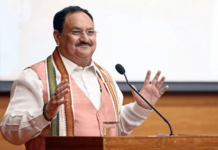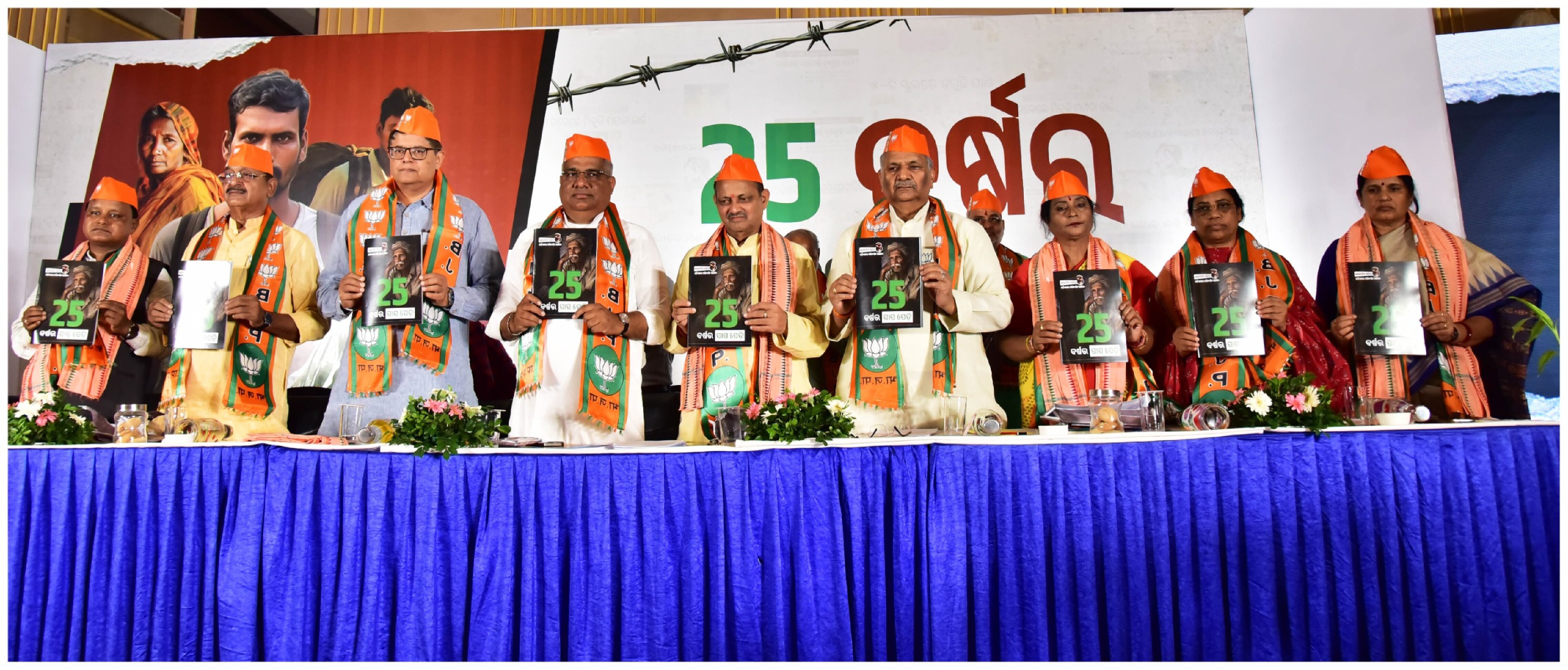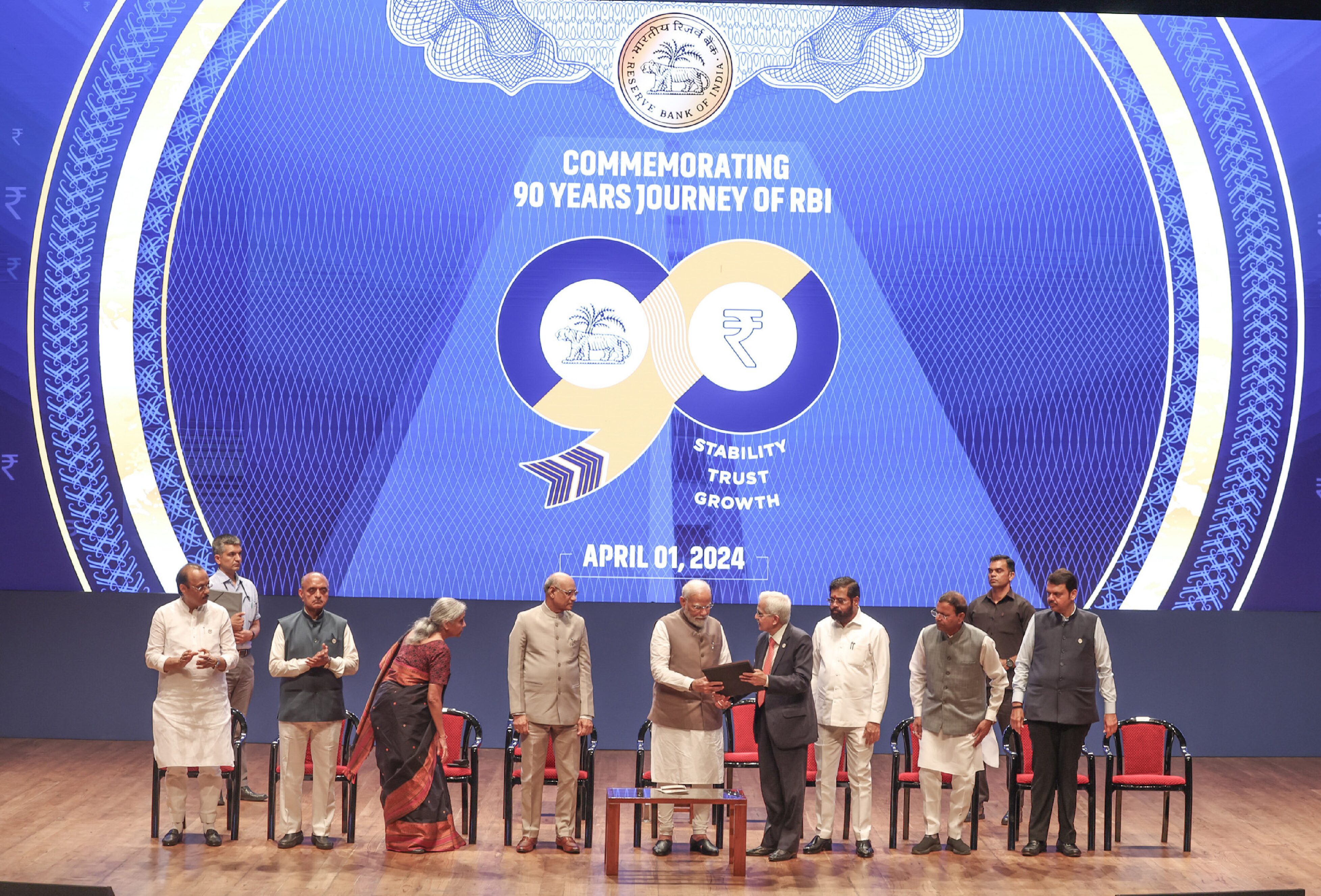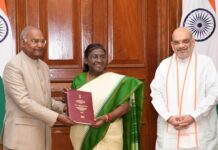The role of immune response genes in the Indian population seems to have played a role to keep the COVID-19 infection under limit. These genes are collectively referred to as comprising the human leucocyte antigen system or simply, the HLA genes. We may take advantage of our inherent potential.
World Health Organisation (WHO) has published guidance on adjusting public health and social measures for the next phase of the COVID-19 response. Some governments have suggested that the detection of antibodies to the SARS-CoV-2, the virus that causes COVID-19, could serve as the basis for an “immunity passport” or “risk-free certificate” that would enable individuals to travel or to return to work assuming that they are protected against re-infection. There is currently no evidence that people who have recovered from COVID-19 and have antibodies are protected from a second infection.
The development of immunity to a pathogen through natural infection is a multi-step process that typically takes place over 1-2 weeks. The body responds to a viral infection immediately with a non-specific innate response in which macrophages, neutrophils, and dendritic cells slow the progress of virus and may even prevent it from causing symptoms. This non-specific response is followed by an adaptive response where the body makes antibodies that specifically bind to the virus. These antibodies are proteins called immunoglobulins. The body also makes T-cells that recognize and eliminate other cells infected with the virus. This is called cellular immunity. This combined adaptive response may clear the virus from the body, and if the response is strong enough, may prevent progression to severe illness or re-infection by the same virus. This process is often measured by the presence of antibodies in blood.
WHO continues to review the evidence on antibody responses to SARS-CoV-2 infection. Most of these studies show that people who have recovered from infection have antibodies to the virus. However, some of these people have very low levels of neutralizing antibodies in their blood, suggesting that cellular immunity may also be critical for recovery. As of 24 April 2020, no study has evaluated whether the presence of antibodies to SARS-CoV-2 confers immunity to subsequent infection by this virus in humans.
There are known set of six human coronaviruses. Four of these viruses cause the common cold and circulate widely. The remaining two are the viruses that cause Middle East Respiratory Syndrome and Severe Acute Respiratory Syndrome. People infected by any one of these viruses may produce antibodies that cross-react with antibodies produced in response to infection with SARS-CoV-2.
Many countries are now testing for SARS-CoV-2 antibodies at the population level or in specific groups, such as health workers, close contacts of known cases, or within households. WHO supports these studies, as they are critical for understanding the extent of – and risk factors associated with – infection. These studies will provide data on the percentage of people with detectable COVID-19 antibodies, but most are not designed to determine whether those people are immune to secondary infections.
Epidemiological data indicates Indians may have better chance at fighting coronavirus. But it’s important to keep viral loads in check & below threshold.
Covid-19 first appeared in the Wuhan district of Hubei province of China in early December 2019. The first case was reported by China on January 7, 2020, and this aroused variable interest worldwide, with most countries initially ignoring the novel infection. Fortunately, Indian health authorities sensed the danger, largely because the country has always been alert to new infections. The scientific think-tank at the Indian council of Medical Research (ICMR) became active immediately and the first laboratory confirmed case was identified at ICMR’s National Institute of Virology (NIV), Pune, sometime towards the end of January.
A look at the world Covid meter shows that there is striking variation in mortality rates across countries, ranging from 0.2% to 15% depending on age, the smoking habit and pre-existing co-morbidities. It may be too early to tell, but in general, countries in the Northern hemisphere have faced the maximum brunt, and those in the Southern hemisphere and particularly those located proximate to the Equator, have so far escaped high infection numbers.
Three factors seem to be playing a role in the observed lower numbers in India with almost zero occurrence of severe Covid-19 cases until now. First, broad-based immunity in the population due to the extensive microbial load. The Indian population has been exposed to a vast variety of pathogens, including bacteria, parasites and viruses leading to the generation of broad specific memory T-cells in the system, ready to attack additional foreign invaders.
Second, epigenetic factors that include environment and food habits may also play a beneficial role for countries such as India; much literature is already available in Ayurveda and other Indian systems of medicine on the definitive beneficial effects of Indian spices in augmenting immunity.
Third, and most important, is the possible role of immune response genes in the Indian population. These genes are collectively referred to as comprising the human leucocyte antigen system or simply, the HLA genes. Their main biological function is to present invading foreign antigens to the immune systems, since T-cells, which act as the body’s soldiers come into play only when pathogens are presented to them in a more formal manner in association with HLA genes.
I am of the opinion that the available knowledge from Ayurveda and other Indian systems of medicine will help us to fight foreign pathogens on the definitive beneficial effects of Indian spices in augmenting immunity. As scientists have already admitted that we have to live with coronavirus and we know that a virus gets modified itself to suit to the changed environment, it will be an alternate proposal to prepare our body and daily routine, which will not allow any pathogen to infect us. We can convert our body as a fort. Our body should remain immune to all these pathogens. Gone are the days to get infected first and find a cure or take a vaccine for prevention of a disease next. It is possible to keep our body immune to possible attacks by fungi, bacteria, virus and other pathogens, by adopting certain package of practices, food habits and practicing our system of Yoga and Pranayam.
Time has reminded us to make a serious introspection.







